Clay Speaks for Ceramics: Qinzhou Nixing Pottery
Publication time:2023-03-02 11:42:40
By Wei Yingling
“Purple smoke rises aside the bridge over the Qinjiang River, skilled craftsman is carving eagles on pottery ware.” Qinzhou, one of the birthplaces of pottery, has inspired many literati to splash their talents on its pottery culture. A piece of history, a work of art, a valuable tea brewing vessel: Qinzhou Nixing pottery can be many things. It is a potting journey that begs to be discovered, and filled with bold clay-firing, mild beauty that tempts you to explore just that little bit further.
Forming of the art
China has a long history of using pottery as a necessity. Today, it is still common to see Chinese people use pottery for tea kettles and stewing pots. Qinzhou Nixing Ceramics originated in Tang Dynasty (AD 618-907) and flourished in Xianfeng Period of Qing Dynasty (AD 1850-1861). With a history of 1,300 years, it enjoys the title of one of China’s Top Four Potteries. “Nixing” meant that Qinzhou clay-made potteries were well received by people at that time.

Nixing pottery is made of peculiar purple clay on both sides of the Qinjiang River, which was once the key channel for Nixing pottery’s distribution from the city to the other areas around. A small Nixing pottery involves six ancient manufacturing technologies: mud refining, moulding by throwing, fettling and placing the base, carving and decoration, firing, and sanding and polishing. After being fired at 1,200 degree Celsius, the finished product is hard in texture. There are amazing changes, known as furnace transmutation, will be seen in the process of firing: a few blanks will faintly turn ancient copper, dark green, purple-red, and sky spot from iron red. With these defining features, Nixing pottery becomes a name card of Qinzhou’s traditional crafts, being sold to 30 countries and regions along the Maritime Silk Road.
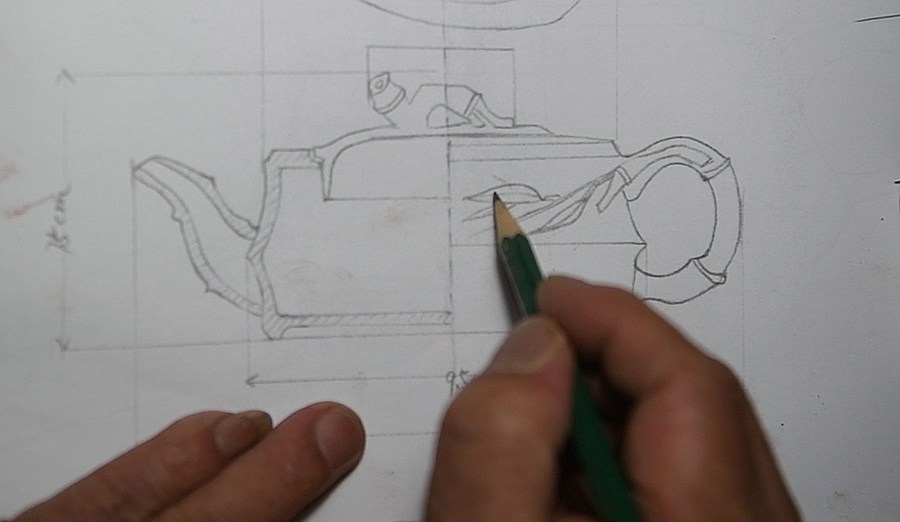
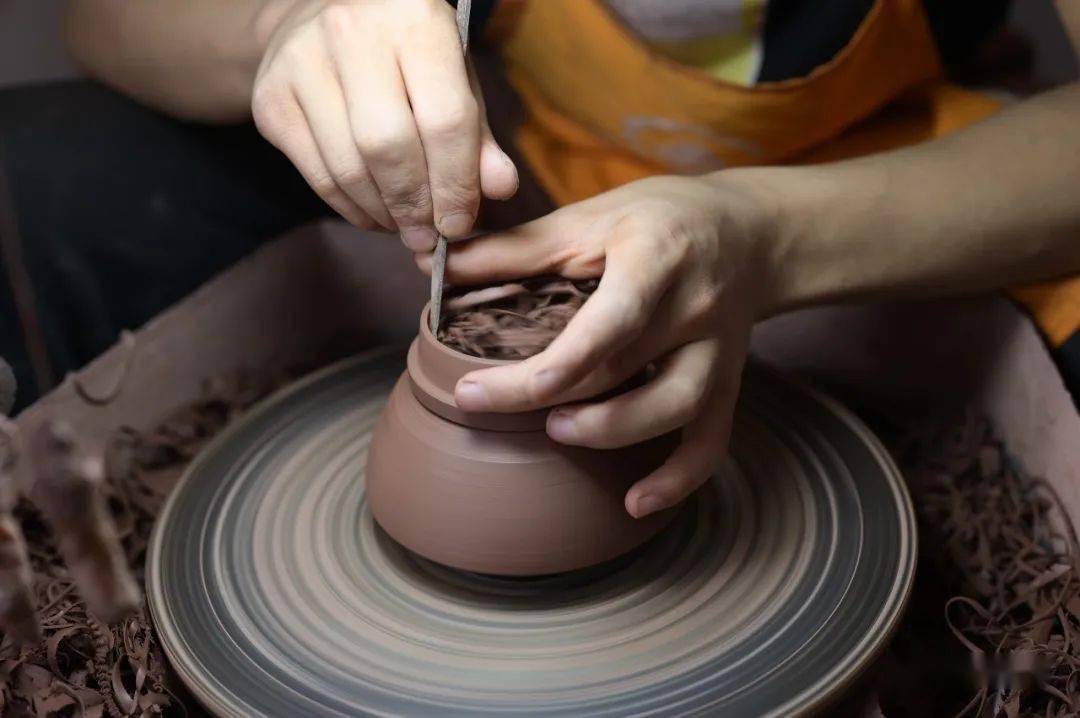
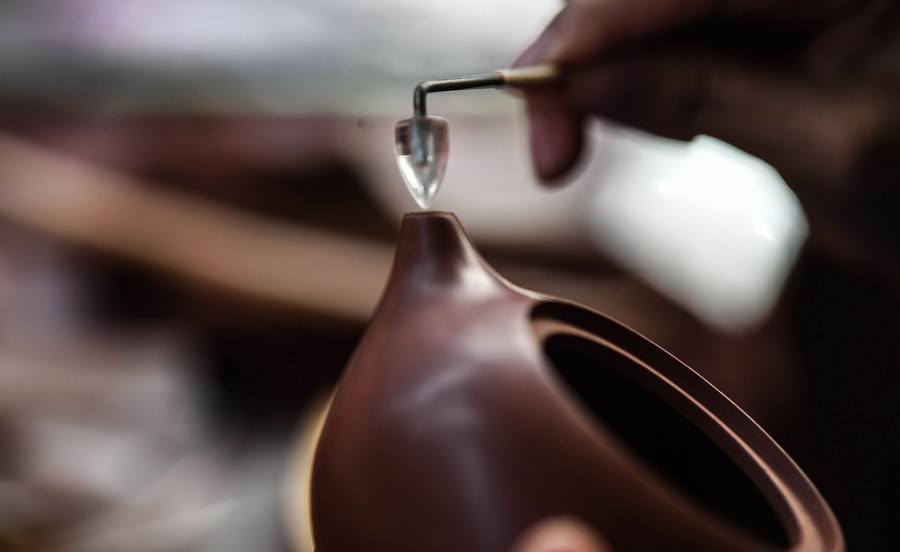
Fun with mud
Using your hands to transform a ball of clay into something functional or decorative would be a truly unique and enchanting experience that will definitely leave you wanting more. Nixing ceramics has a unique clay production process, the secret of which lies in the banks of the Qinjiang River. On the west bank of the River, the clay is of mauve color and with coarse granules, while that on the east bank is white with fine and sticky texture. Fully mixing four parts east-bank clay with six parts westbank clay would ensure a fine-and-firm texture after the shaping process. Shaping on a pottery wheel by hand requires great concentration and utmost patience, but the gain is worth the pain.
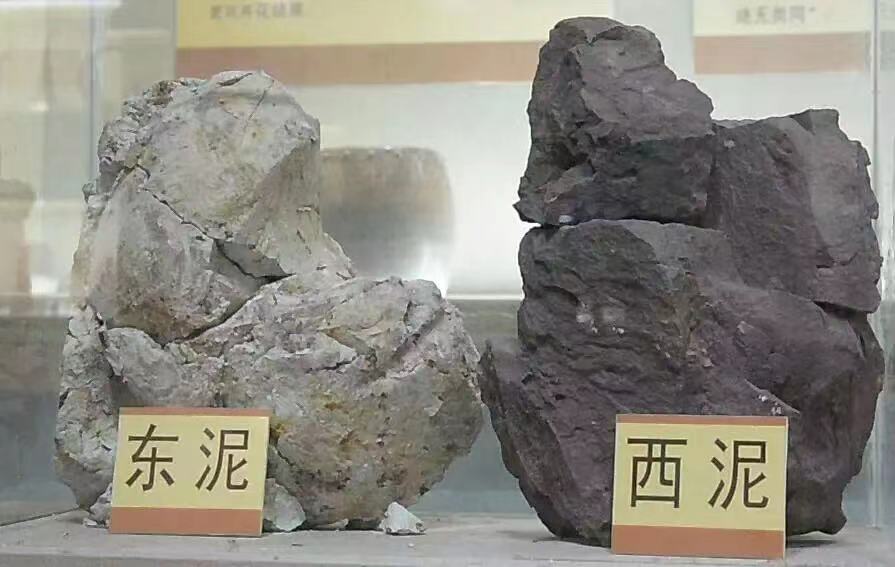
Pottery is simpler and more plainly-decorated than porcelain. Unlike glazed potteries, Nixing’s colors emerge from its firing process without any additional pigment. Rich minerals produce different colors for each pot during the furnace transmutation. Just as the saying goes, “There are no two treasures that are totally the same”. After a period of polishing, the beauty of the Nixing pottery becomes apparent. Its surface becomes smoother and warmer with better colors. You have the option of adding carvings to the outside piece of your pottery. Most artisans engrave flowers, figures, landscapes, or excerpts from Chinese classic literature onto the pottery’s smooth surfaces.
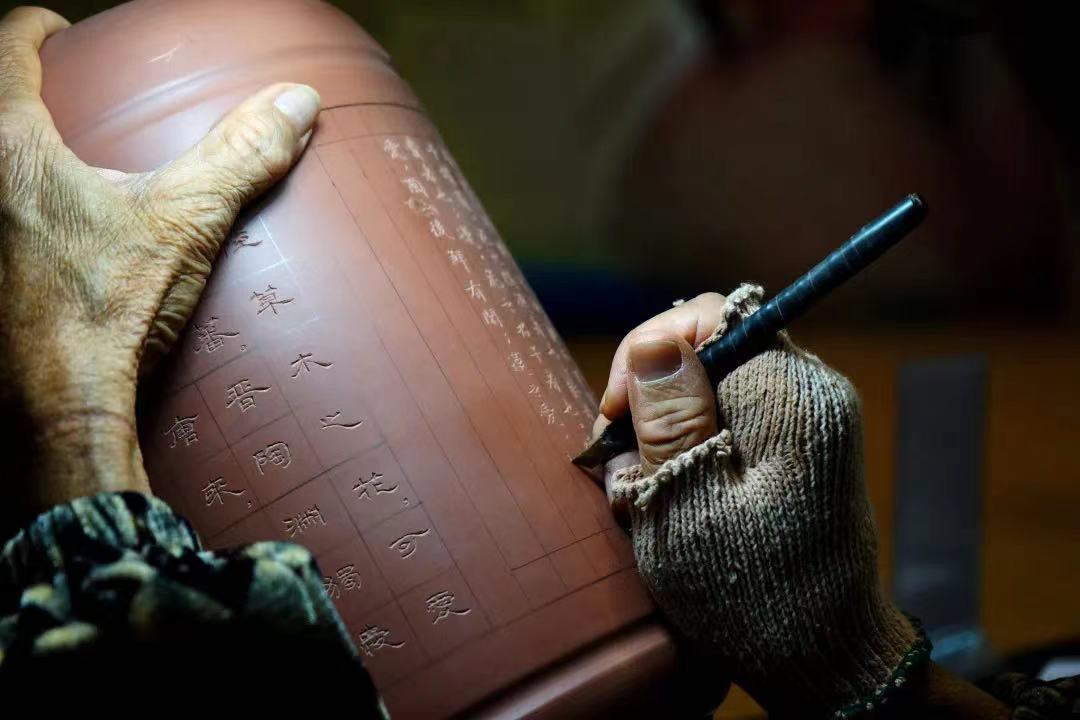
However, when working with clay, it is important to protect yourself from inhaling the powder that results from the dried clay. This dust contains silica, which can hangs in the air for hours and damages your lungs. Wear a mask and use premixed, wet clay bodies would be recommended.
When tea fragrance permeates the pottery
For tea connoisseurs, the joy of tea is much more than just the leaves. Having a quality teapot is fundamental to appreciating the magical leaves and inspiring one’s tea journey. When Nixing pottery is made to be a teapot, it packs glorious variety into its small pot body. Nixing teapots are suitable for all kinds of tea, particularly suited to Black, Green oolong, and Chinese Green teas. One of the charms of the Nixing teapot is that after storing tea in the teapot for one or two days, the original color and taste of tea can still be maintained. Proper long-term use would allow the tea to accumulate inside the pot (commonly known as “tea bud”). Even if no tea is put in, as long as it is flushed into boiling water, the aroma of tea will be released.
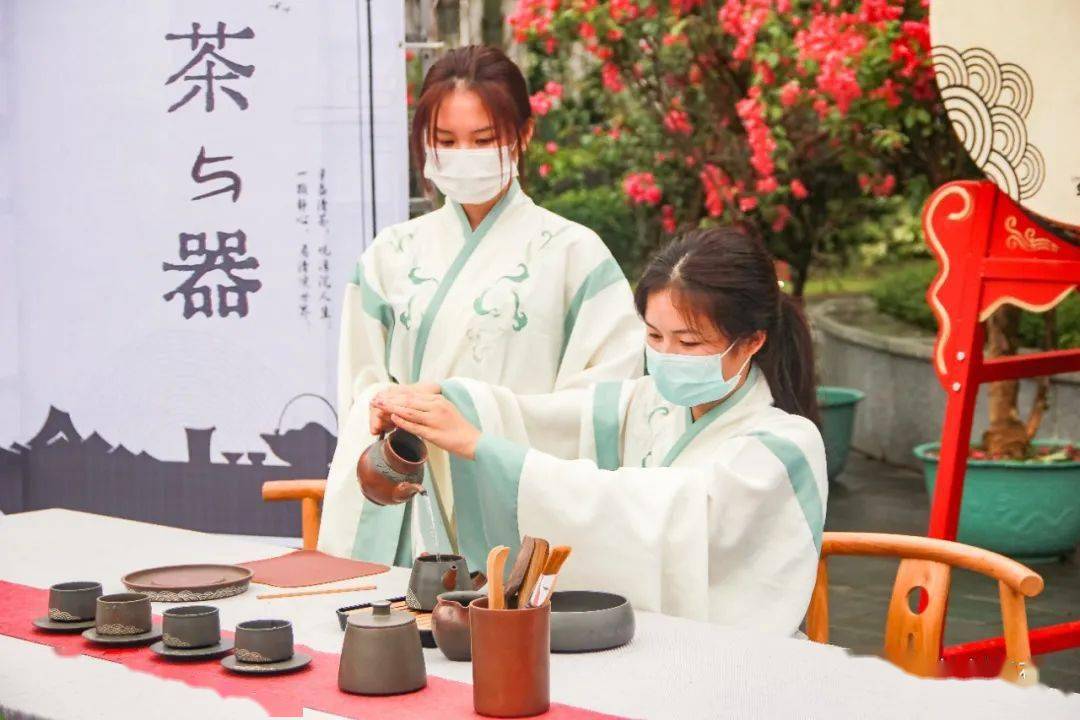
When you get a brand new Nixing teapot, remember to season it before brewing a tea. To keep your teapots in good condition for as long as possible, keeping your teapots free of oil is very necessary. If there are any contacts, clean them immediately in order for the tea water to be absorbed by the wall of your teapots. Besides, rub and brush should be moderate. After watering the surface of the teapot, use soft little brushes to wipe the tea inside the teapot. It should be rinsed only with water and avoid using soap or any dishwashing liquid. It is also recommended to throw away the tea dreg after using the pot to keep tea ware dry. Tea drinkers have a tea pet, like a little friend, to join them in their tea ceremony. They dip some tea for pet painting. Over time, it can become bright and smooth, emitting a good smell of tea. The Nixing pottery teapot is also the case. The more you care about it, the better it will be.

